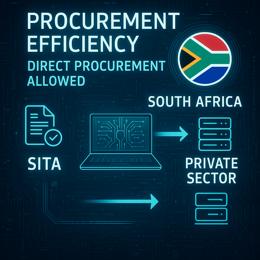Image: AI generated for illustration purposes
South Africa's Struggle to Reclaim State Capture Billions - A Progress Report
The presidency of South Africa has recently shed light on the country's ongoing efforts to recuperate funds illicitly syphoned during the state capture saga - a period characterized by widespread corruption and graft within government institutions. The state has managed to recover R5.4 billion so far, which includes R2.9 billion in cash. This, however, represents only a fraction of the estimated R57 billion that was siphoned from the public coffers.
President Cyril Ramaphosa's administration has been at the forefront in addressing the aftermath of state capture, marked by the release of the final report by the State Capture Commission of Inquiry in 2022. The commission, led by acting Chief Justice Raymond Zondo, provided a comprehensive outline of the rot within state entities and made specific recommendations on how to address these failings.
A progress report from the presidency indicates that while some headway has been made, the path to a full recovery of funds remains arduous. The slow pace of recovery presents numerous challenges, including legal complexities, the intricate web of financial transactions to unravel, and the necessary coordination of multiple state departments and entities.
In addition to financial recovery, the state is tasked with strengthening its institutions to prevent future lapses. This includes reforming state-owned enterprises (SOEs), implementing checks and balances, and ensuring the prosecution of those implicated in corrupt dealings.
The country's asset forfeiture units, under the wings of the National Prosecuting Authority (NPA), have been pivotal in freezing assets and reclaiming funds. However, legal hurdles often mean that reclaimed funds are only a fraction of the total illicit flows. Transformative action by the Special Investigating Unit (SIU) and other law enforcement agencies has also been central to the clampdown.
The high-profile nature of individuals implicated, including ministers, top executives, and politically connected businessmen, has necessitated an approach combining meticulous investigation with robust legal strategies. This has led to a deliberate pace in pursuing court cases and securing convictions, which continues to be a subject of public scrutiny.
Furthermore, the government's attempt to reinforce ethical governance and restore public confidence has seen a recommitment to transparent leadership and accountability practices. Civil society organizations and opposition parties play a crucial role in applying pressure on the government to ensure that the pace of recovery and reforms gains momentum.
Amidst these extensive efforts, the South African public remains vigilant and anticipates more decisive action and tangible results. The recovery of the remaining billions is not just a financial necessity, but it's also a symbol of the nation's commitment to uprooting systemic corruption and fostering a culture of integrity within its institutions.










